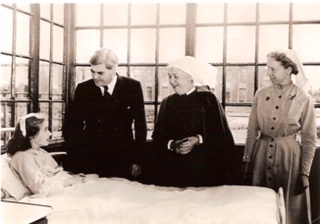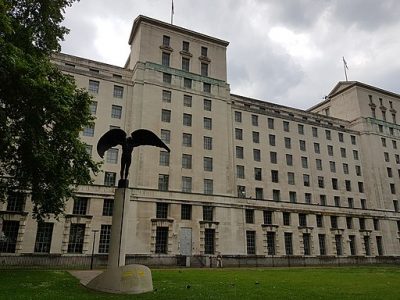How should we teach remembrance at school?
An excerpt from an article by David Aldridge in The Conversation, about his new paper on How Should We Teach Remembrance in Schools:
Anyone who reads the newspapers in the build up to the Armistice Day commemorations in the UK would be hard put to deny there are still many unanswered questions around the public event of remembrance.
Can war ever be celebrated, or is it essentially futile? Do remembrance rituals, symbols and ceremonies do more to romanticise warfare than bring home its horror? Does the event of remembrance exclude the sacrifice of those who died on the opposing side? Disagreement abounds on these issues and we are unlikely to see a public consensus any time soon.
We should also think carefully about the part our schools play in these public events. Questions about war and peace can be addressed critically and with an appreciation of their ambiguity and complexity, across the curriculum – particularly through history, English and religious education.
But when we are considering a school’s participation in the public event of “remembrance”, there is an additional moral component. What is to be “remembered” is something most of us did not experience first hand. Teachers involved in remembrance are therefore involved in communicating content that we agree ought to be remembered – and encouraging appropriate sentiments in relation to what is remembered. Remembrance, viewed from an educational perspective, is better understood as a purposeful reminding.
So teachers need to consider what it is that students ought to be remembering, and why. Crucially, where there are open questions around involving students in events of remembrance, we must not proceed as if there is general agreement.
In a recent publication , I suggest that three justifications are often used to encourage young people to remember the war dead. For me, only one is relevant to teachers today. This matters, because it has implications for the kinds of events, rituals and symbols of remembrance that we might choose to reproduce in schools.
Gratitude
It is often argued that we ought to remember the sacrifice of the war dead as the fulfilment of a debt of gratitude to those who have died on our behalf in past or current conflicts.
Although I do not deny that many students will feel gratitude towards the war dead, and that we ought not to discourage such feelings, neither ought we to assume or encourage them, since no such debt of gratitude can be shown to be owed. For gratitude to be owed a gift must be freely given, and it must be of genuine value to us.
There are problems in many cases with seeing the lives of the war dead as having been freely given rather than taken. And the benefit to the living is usually thought of in terms of some enduring institution, political situation or shared set of values that would not have persisted without their sacrifice
It is hard to establish that these sacrifices either directly or indirectly brought about a state of affairs that is more beneficial to us or overall more morally acceptable than any alternative. In light of this, it is not appropriate in educational settings to encourage gratitude to the war dead, but rather to allow students to engage with the open question of whether a debt of gratitude is in fact owed.
See more: military in schools/colleges, remembrance, education










